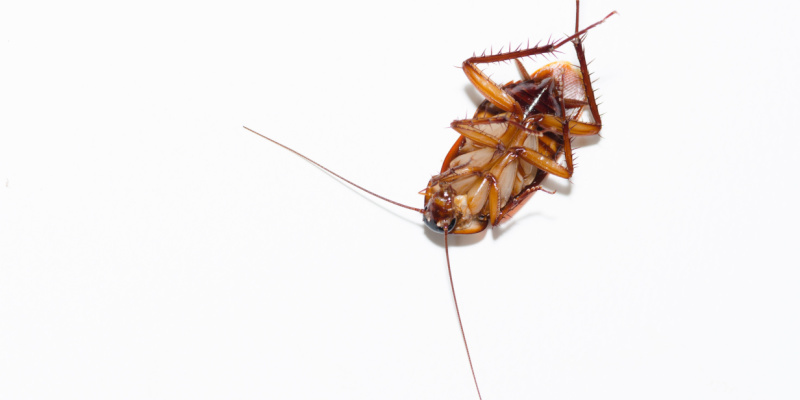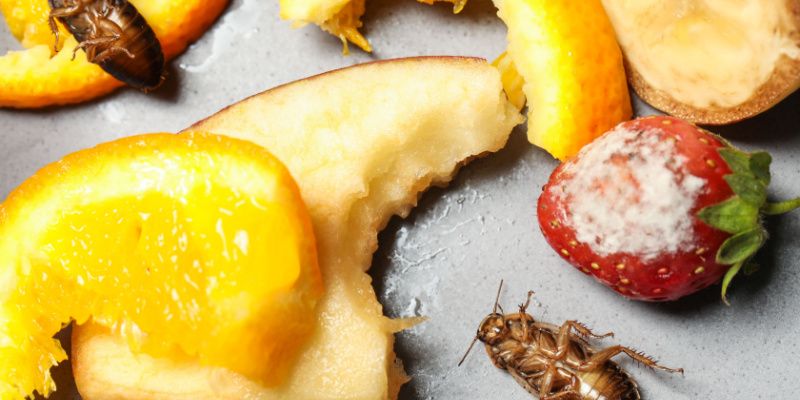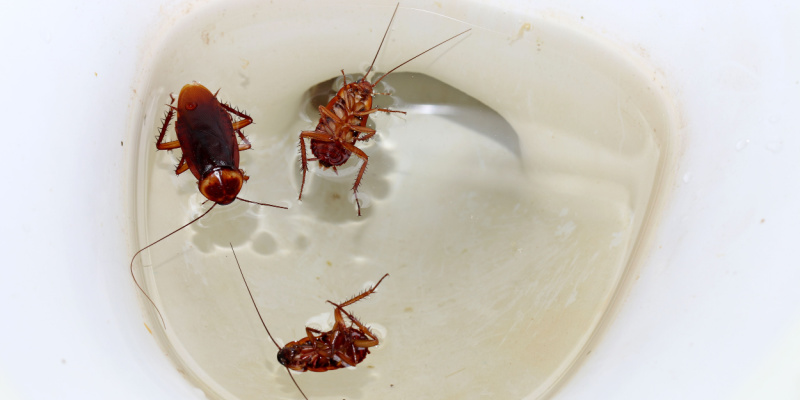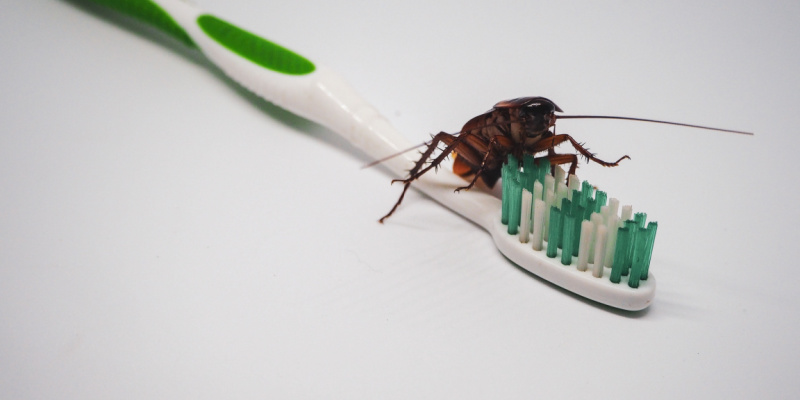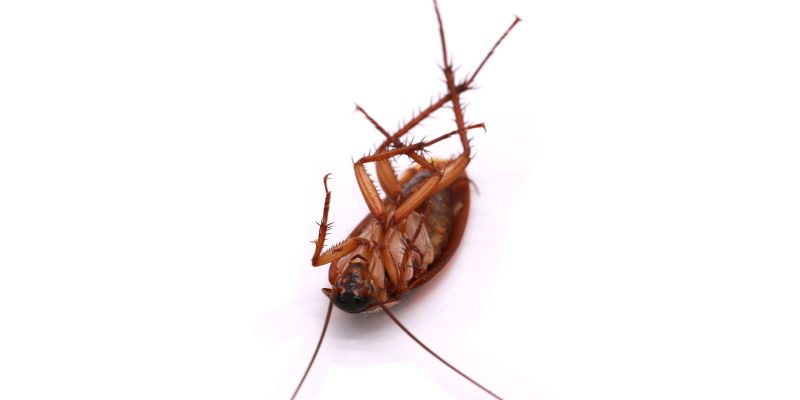Dealing with a cockroach infestation can be a distressing experience for any homeowner in Passaic County, New Jersey. When faced with these resilient pests, it’s crucial to enlist the help of a professional cockroach exterminator who can effectively eliminate the problem. In this article, we’ll examine why cockroaches are such an undesirable pest and the key factors to consider when choosing the best cockroach exterminators in Passaic County to ensure a pest-free living environment.
Cockroaches are unwanted pests in homes for several reasons:
Health Concerns
Cockroaches are known carriers of disease-causing pathogens and bacteria. They can contaminate food and surfaces, potentially leading to foodborne illnesses and other health problems in humans. Their presence poses a risk, especially to individuals with allergies or respiratory issues.
Allergies and Asthma
Cockroach droppings, shed skin, and body parts contain proteins that can trigger allergic reactions and exacerbate asthma symptoms in sensitive individuals. These allergens can become airborne and circulate throughout the home, affecting indoor air quality.
Damage
Cockroaches may damage materials such as paper, fabric, and even food packaging. They are known to gnaw on these materials to access nutrients, potentially causing physical harm to items in your home.
Reproductive Speed
Cockroaches reproduce quickly, with each female capable of producing a significant number of offspring. This rapid reproduction can lead to infestations that become challenging to control if not addressed promptly.
Property Value
An infestation of cockroaches can impact the value of a property. Prospective buyers or tenants may be discouraged from purchasing or renting a home with a history of cockroach problems.
Choosing the best cockroach exterminators in Passaic County:
1. Experience and Expertise
One of the first things to look for in a cockroach exterminator is their experience and expertise. A reputable exterminator should have a proven track record of successfully addressing cockroach infestations. Research their company history, read customer reviews, and inquire about their technicians’ training and qualifications. An experienced exterminator will better understand cockroach behavior and effective treatment methods.
2. Comprehensive Inspection
A reliable cockroach exterminator will always start with thoroughly inspecting your property. This step is crucial to accurately assess the extent of the infestation, identify nesting sites, and determine the species of cockroaches present. Avoid companies that provide generic quotes over the phone without conducting an on-site inspection, as these estimates may not reflect the actual scope of the problem.
3. Customized Treatment Plans
Every cockroach infestation is unique, and a one-size-fits-all approach rarely yields satisfactory results. The best exterminators tailor their treatment plans to address the specific needs of your home. They should provide you with a detailed explanation of the proposed methods, products, and techniques they intend to use, ensuring you’re informed and comfortable with the action plan.
4. Safe and Environmentally-Friendly Practices
The safety of your family, pets, and the environment should be a top priority. Inquire about the types of products and methods the exterminator uses for cockroach control. Look for companies that prioritize integrated pest management (IPM) strategies, which focus on minimizing the use of chemicals and relying on non-toxic alternatives whenever possible.
5. Transparent Pricing and Warranty
A reputable cockroach exterminator should be transparent about their pricing structure and any additional fees. Request a detailed written estimate that outlines the cost of the initial treatment, follow-up visits, and any potential extras. Additionally, inquire about their warranty policy. The best exterminators stand behind their work.
6. Timely Response and Availability
Cockroach infestations can quickly escalate, so prompt action is essential. Choose an exterminator with timely response times and who is readily available to address your concerns. Reliable communication and accessibility demonstrate the exterminator’s commitment to providing effective and timely solutions.
7. Customer Reviews and References
Take advantage of online resources to read customer reviews and testimonials about the exterminator you’re considering. Positive feedback from satisfied clients strongly indicates the company’s reliability and professionalism. Don’t hesitate to ask the exterminator for references you can contact to gain additional insights into their quality of service.
8. Licensed and Insured
Ensure that the cockroach exterminator you choose is properly licensed and insured. Licensing indicates that they have met local regulatory standards and possess the necessary qualifications to handle pest control. Insurance coverage provides you with peace of mind in case of any accidental damage or unforeseen issues during the extermination process.
Selecting the best cockroach exterminator in Passaic County requires careful consideration and research, but choosing experts like Abarb Pest Services makes it easy to make an informed decision that leads to effective cockroach control and a pest-free home.
